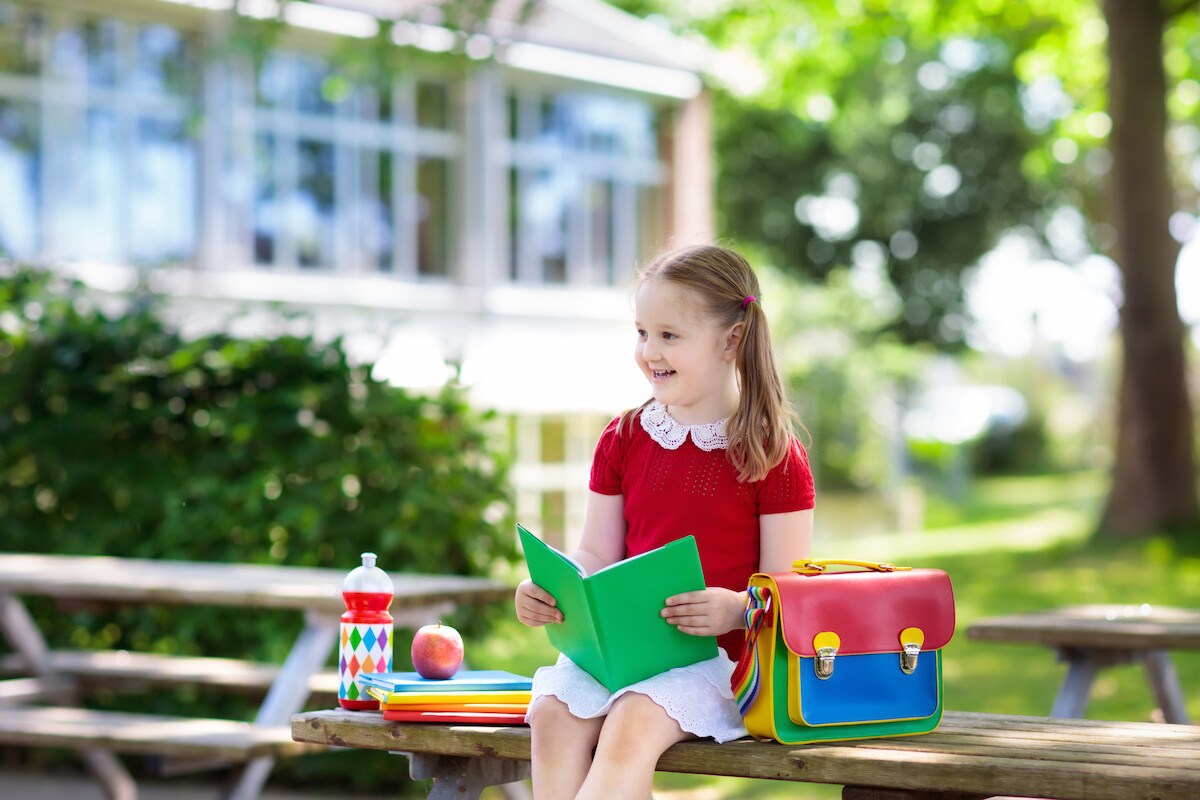How to advise parents on when their kids should start school
Children’s learning experience
It is getting to that time of year when the primary schools here in NSW invite their prospective Kindergarten students for special visits to ‘Big School’. This is to help the kids familiarise themselves with the school environment, surroundings and routines and prepare them for this exciting milestone early next year. Although it is only a small group of children who fit in to the birthdate window giving them a choice between starting young this coming year or being one of the older kids the following, it is a very common question from parents in my office: What is the best option in children’s learning experience?
Obviously, each child is different; their social skills, maturity, independence, interest in learning etc. and the child’s preschool will have invaluable advice to give in this matter. The individual families and their values and circumstances also vary greatly, so it is impossible for us to give a definite answer. However, we can provide some information that may stimulate some food for thought.
Compared to the rest of the developed world Australian children start school quite young at 4.5 to 6 years of age. The top three countries with regards to children’s literacy: Singapore, Shanghai and Finland, start their kids’ schooling at age seven years or older (1). This provides them with important time to play and learn on their own terms, which in turn makes the children’s learning experience happier and more successful. These are the words of David Whitebread, an expert in paediatric cognitive development from Cambridge University.
A Danish study demonstrated that delaying children’s school start by one year (start by age seven) decreases their risk of inattention and hyperactivity at the age of eleven by 73% (2).
Another study showed that children who were allowed to play while in preschool had better grades by year six (twelve years old) than peers who were introduced to formal learning earlier (3).
Studies have also shown that eleven year old children have the same reading ability whether they start formal learning by five or seven years of age (4). However, children who started learning younger had poorer reading comprehension and enjoyment of reading.
The improvement in children’s learning experience, behaviour and emotional health is attributed to longer time to play – a time where they foster movement, creativity, interpersonal relationships, language skills, communication, both verbal and non-verbal and building resilience. The importance of play is increasingly being recognised by researchers and policy makers as essential for a child’s emotional and intellectual development.
From a slightly different angle, Malcolm Gladwell in his book ‘Outliers’ talks about the successful lives that children experience throughout their entire lives, just because they started out being a little bit older, bigger, faster, smarter and more mature than their younger peers.
We should never tell families what to do, but ‘Real Life’ really starts soon enough….. ?



